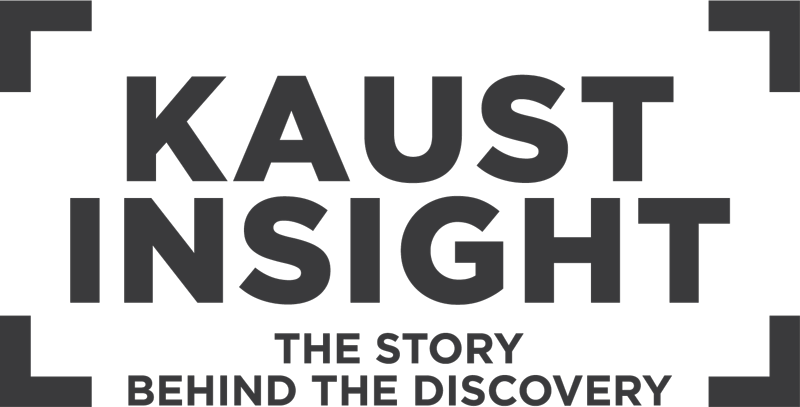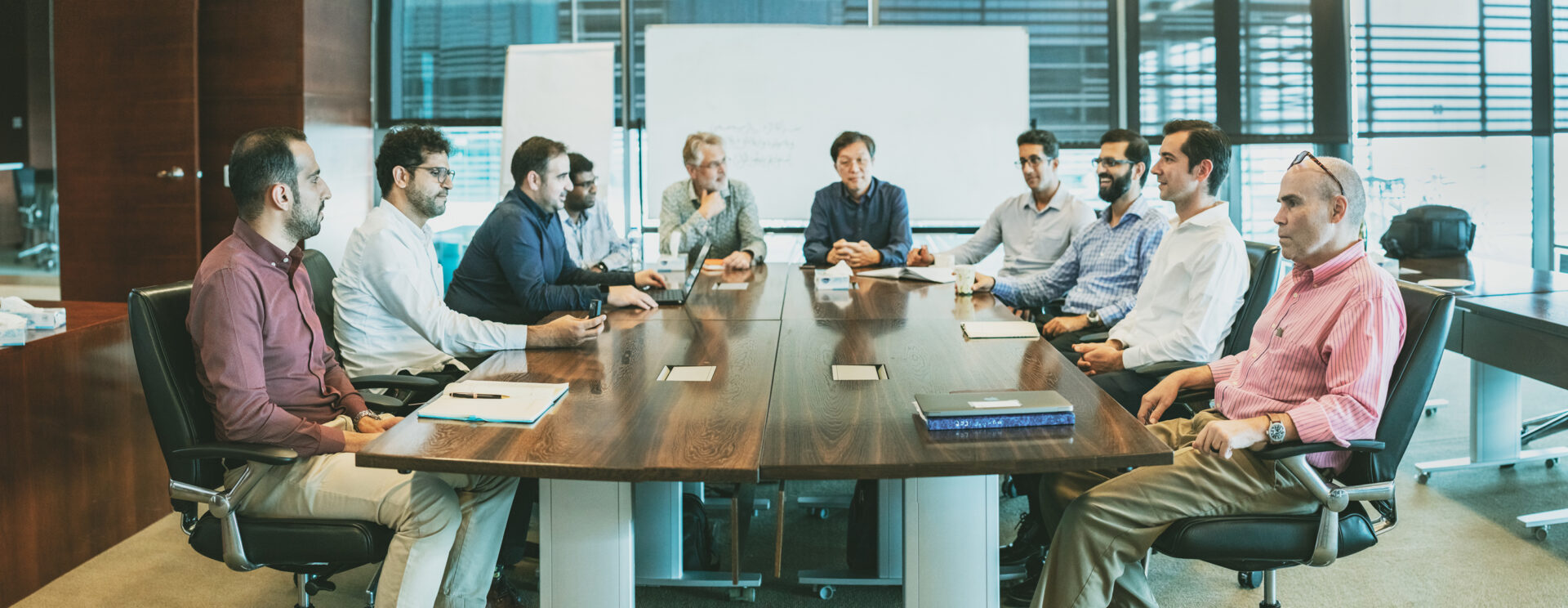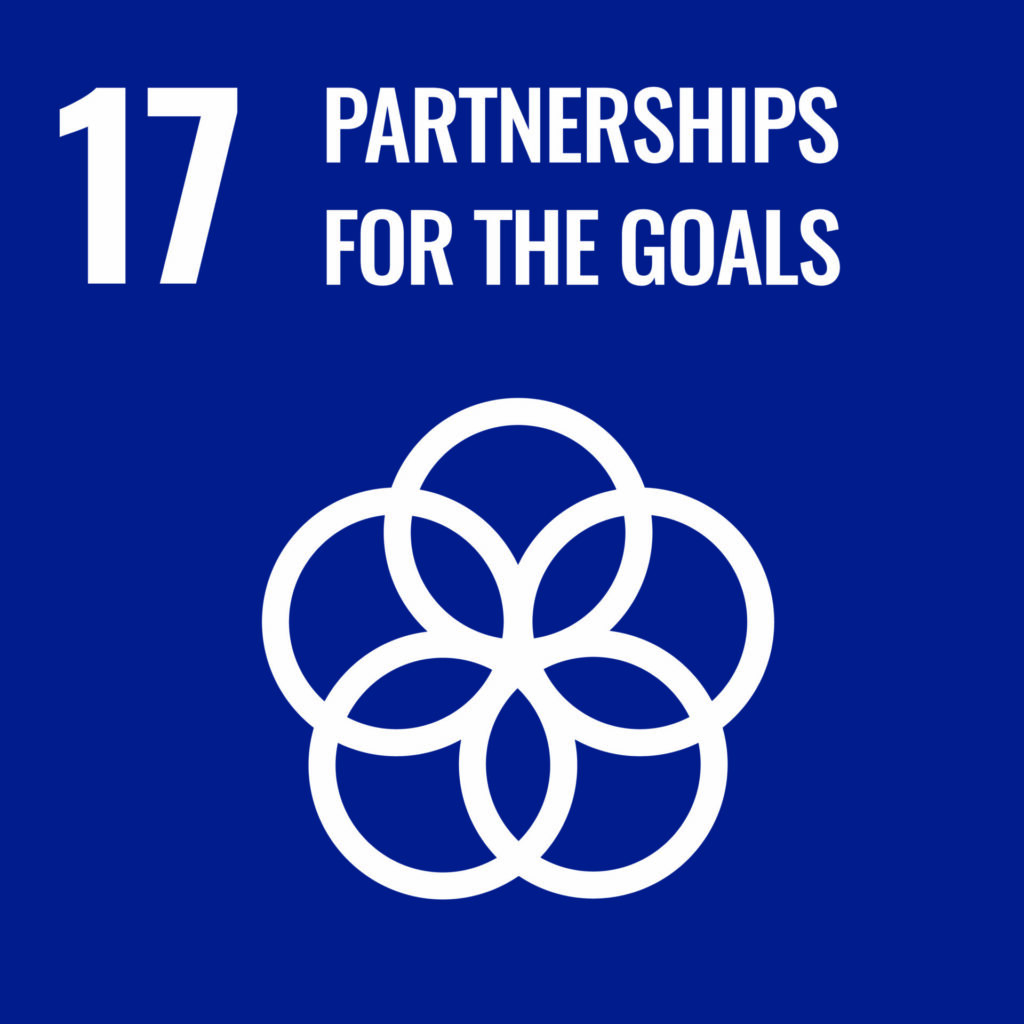The fuel combustion program, known as FUELCOM, aims to develop early-stage technology through improving the science and application of the core ideas that underpin Aramco’s current transport R&D program. Specifically, FUELCOM serves as a lever for two of Aramco’s research pillars — increasing the efficiency of internal combustion engines and the use of low climate-impact fuels — to support the decarbonization and sustainability of the road and marine transport sectors.
For Aramco, an attraction of the partnership is the KAUST group’s flexibility and multidisciplinarity, says engineer Abdullah AlRamadan. “This is the third phase of this project. In the first phase, we began by developing a fundamental understanding and now, by the third phase, it has grown to be more applied. KAUST is one of the few institutions in the region that has the capacity to deliver across all of these stages.”
FUELCOM has been an exemplary research collaboration between industry and academia, according to Hong Im, the lead principal investigator of the project. “It has showcased how state-of-the-art experimental and modeling tools are used in the actual engineering design and development process,” he explains. “The students and postdocs learn from each other and work as a team toward a common goal.”
In addition to its scientific achievements and more than 250 journal articles published, FUELCOM is a great talent incubator. The students and postdocs, supervised by both KAUST and Aramco principal investigators, gain unique exposure to problem-solving pathways in both academia and industry at the same time.
FUELCOM works well as a recruiting pathway, says Bill Roberts, director of KAUST’s Clean Combustion Research Center. “Students get to work on relevant and interesting problems, and then they have the possibility of going to Aramco, and many of them want to. It’s wins all around.”
“I was a student of FUELCOM up until my graduation in 2020,” says AlRamadan. “Within the project timeframe, I transitioned from presenting on the project and delivering project outcomes, to leading a project theme.”
Many of the current Aramco FUELCOM project leaders are KAUST alumni. Abdullah AlRamadan, Jihad Badra and Emre Cenker, who are currently laboratory scientists in Aramco, were previously postdocs in KAUST working on FUELCOM-related research topics.


